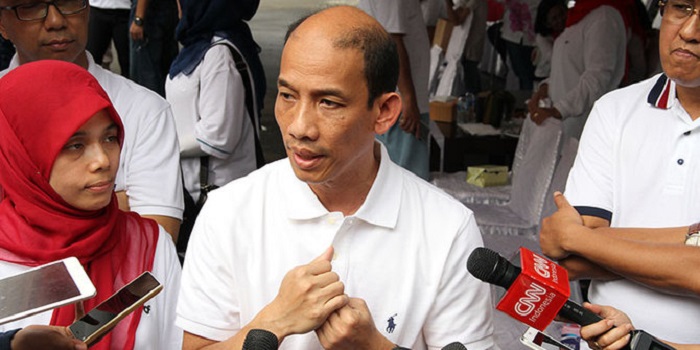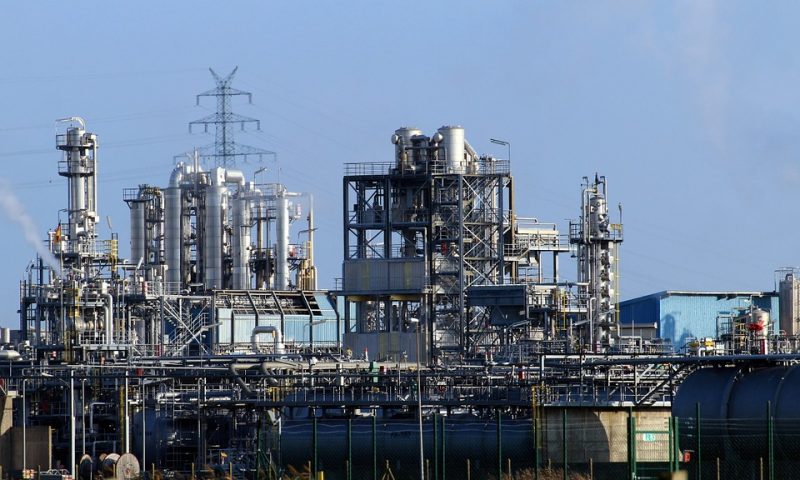To attract foreign investments and make fuel price justified, Indonesia is set to cut prices drastically for both consumers and industries.
Ten industries and one industrial zone are expected to benefit from a fuel price reduction that can result in a drop below US$6 per million British Thermal Units (MMBTU). These industries include petrochemical, food and beverage, ceramics, tires and latex, textiles, footwear, oleochemicals, glass, pulp and paper, fertilizer and steel.
However, petrochemical, steel and fertilizer will be given priority based on their multiplier effects. In economics, a multiplier effect refers to an ‘increase in spending that produces an increase in national income and consumption greater than the initial amount spent.’
“The [industries] with the most multiplier effects will be given the incentive first,” EDSM Deputy Minister Arcandra Tahar said.
The government plans to reduce the price for the remaining industries by the end of the year. Regulations are also expected to be released next week, although these reduced prices will take effect only in January of 2017.
The actual prices can vary and are based on a formula. Nevertheless, industries are certainly looking forward to the price reduction. At a price up to US$16 per mmbtu, Indonesia is the most expensive in Southeast Asia.
Once implemented, it can drastically reduce production costs, where between 7 percent and 70 percent can be attributed to gas depending on the industry. This can also improve the country’s attractiveness to foreign investors.
See: Indonesia Sets Vague Goals For Weaning Itself Off Fossil Fuels
The one-price fuel policy will also be implemented within and outside Java by January of 2017. It’s already been launched in West Papua and Papua.
This programme aims to make subsidized fuel accessible to Indonesians across the region. For years, the average fuel price was between US$3.69 and US$7.38 per litre. With this policy, it can drop to $0.48 per liter.
Despite the reduction in consumer fuel prices, Pri Agung Rakhmanto of ReforMiner Institute considers the policy ‘unnecessary’ since the government evaluates and determines non-subsidized fuel prices every quarter. It also doesn’t address one of the major reasons for exorbitant fuel costs, especially in remote regions, which is the lack of gasoline stations.




